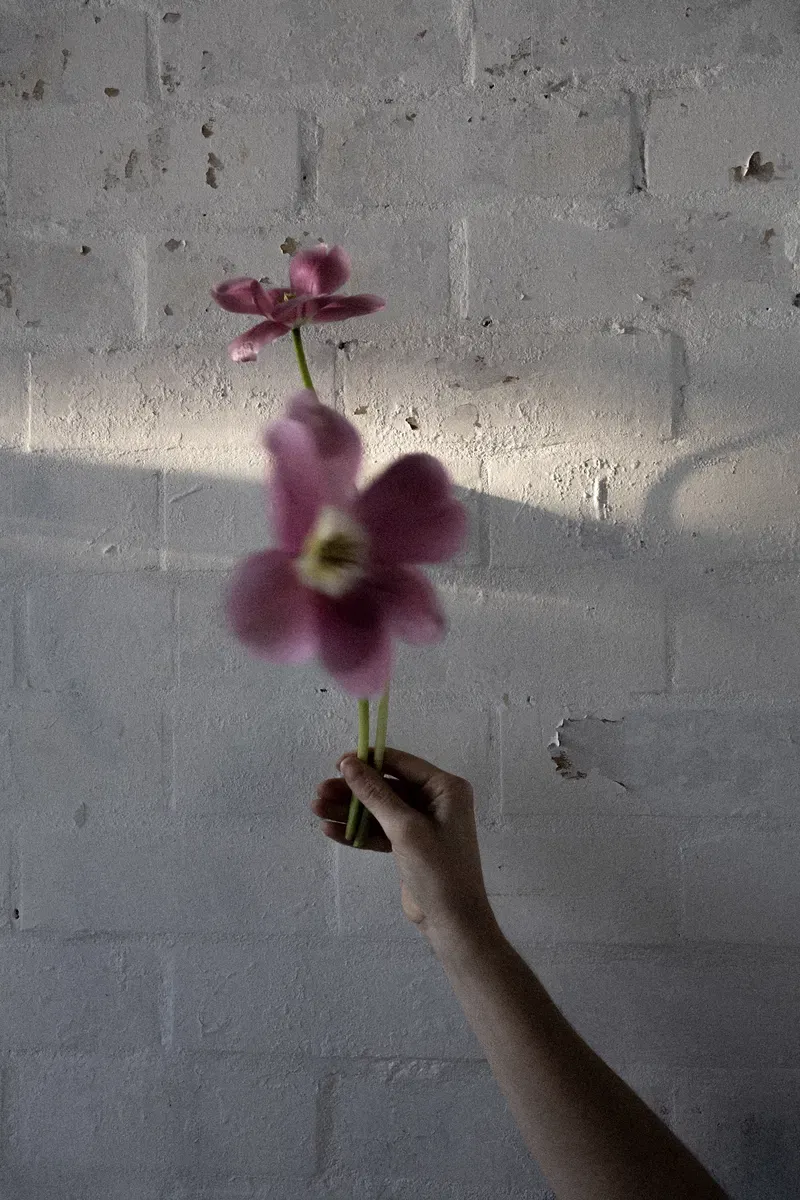How to design a more resilient mindset as a sensitive person.
Are you an orchid, or a dandelion?
If you can bounce back from life’s stressors quickly and perform well under pressure, you’re likely a dandelion. Just like the wispy, perennial plant that can grow almost anywhere — including out of sidewalk cracks — you can thrive in most situations.
And if you're more of a delicate petal who considers yourself particuarly sensitive — whether that's to the external environment or other people's emotions and vibes — you probably fall into the ‘orchid’ flowerbed.

According to Dr. Thomas Boyce, the pediatrics and psychiatric professor who pioneered this theory, all children fall into one of these two categories. Dandelion children are the majority, and are able to cope with most of life’s stressors fairly easily. Meanwhile, orchid children represent about one in five children. They’re far more biologically sensitive to their social and physical surroundings (good or bad), and tend to present with a more neurotic disposition.
If you're an orchid, you might find that you flourish in a positive environment where you have lots of encouragement and gentle reinforcement. But, if you're spoken to in a hostile, judgmental manner? You'll shrink back into yourself as a self-protective mechanism, and may even find you no longer want to try.
This is a groundbreaking advancement in the age-old nature vs nurture debate. Because, it suggests that some people are wired in a way that makes them more susceptible to the environment (ie. their nature exacerbates their reaction to nurture) The orchid vs. dandelion hypothesis posits that orchids are born with a gene that makes them more naturally sensitive to their environment.

This can be a comforting thought if you're someone who has always felt different or 'less than' because of your sensitive inclinations. There's nothing wrong with you, you're just wired differently — and this can be a major advantage in many ways (as sensitive people tend to be highly empathetic, intuitive, and nurturing).
The other piece of good news? Although you can't change your genes, you can alter your environment (or, at least your perception of your environment), to increase your resilence to stress.
The fact is (and of course, there are exceptions to this), much of the stress we experience in our daily lives is self-inflicted. It’s not the situation itself that instills panic, but your reaction to it. You’re not scared about missing that work deadline — doing so presents no actual, tangible risk to you. Instead, you’re worried about what you think other people will think of you if you do.
For this reason, metacognition is one of the most powerful tools we have for designing resilience. That is, thinking about thinking — so we can understand what the root cause of stress is, and come up with creative solutions to reframe it.
We can use human-centered design methodology as a concrete way to move through this process. Here's how.
This post is for paying subscribers only
Subscribe now and have access to all our stories, enjoy exclusive content and stay up to date with constant updates.
